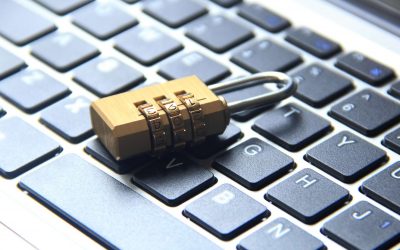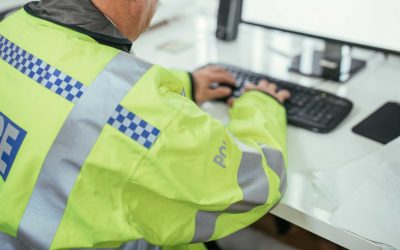In this article

What are suspicious activity reports?
Suspicious Activity Reports (SARs) is the name of a disclosure made to the National Crime Agency (NCA) under either Part VII of the Proceeds of Crime Act 2002 (POCA) or Part III of the Terrorism Act 2000. Our criminal defence solicitors would advise that if your bank has frozen your bank account and fails to make a Suspicious Activity Report when the law requires it to do so, then they may be committing a criminal offence.
Suspicious Activity Reports have been around for over 20 years now, but to most are still considered new. Over the last few years, the number of these reports have been steadily increasing. The National Crime Agency received and processed a record number of Suspicious Activity Reports (SARs) in 2017-2018, (approximately 463,938), 22,619 of which regarded money laundering and 83% of which came from banks.
Why would the bank freeze my money?
So that tells you a little about a Suspicious Activity Reports, but why would the bank freeze your money? Banks use automated systems that monitor bank account usage.
As a criminal defence solicitor I have seen scenarios where clients receive regular payments into their bank account (i.e. your salary, of let’s say, £2000). They are then suddenly, perhaps gifted some early inheritance, the sum of £100,000. This would then trigger an alert at the bank and a human would review that alert.
If the £100,000 came from a relative with the same surname as you, then it is unlikely to generate a Suspicious Activity Reports. However, if the money came from one of the countries on a bank ‘watch list’, for example Nigeria, then it is extremely likely to be investigated further and you may want to instruct a criminal defence solicitor to begin liaising with the bank.

Talk to us now. Save costs further down the line.
Save yourself potentially thousands of pounds by seeking advice now. Speak to us today for more information.
Lines open 24/7

What triggers a suscipicious activity reporrt?
Large cash payments or deposits made over the counter at the bank, or through the bank’s automated machines may also trigger an alert, which would require further investigation.
The banks do not do this ‘out of spite’. As mentioned above they are regulated and required by law to sound the alarm if any suspicion arises. They are covering themselves by investigating unusual and inconsistent activity on your account.
In some cases though, this acts to protect clients from suspicious activity and protects their deposited monies.
How long will the bank freeze my account?
Before 2007 a bank had 31 days to remove the freeze on a bank account. Since the Criminal Finances Act that came into force in 2017, law enforcers can apply to the Crown Court for an extension of up to 6 months. If the Crown Court is satisfied that the investigation is ongoing, then the court is likely to grant the extension.
During the investigation it is unlikely that the bank will tell you exactly what is going on. This is because of section 333 of the Proceeds of Crime Act 2002, which creates an offence to “tip off” anybody that is being investigated. The offence of “tipping off” comes with a maximum penalty of five years imprisonment or a fine, or both.
Why contact our criminal defence team?
If you would like to discuss any of the above, or you are having difficulties with your bank, our criminal defence solicitors in London and Brighton provide trusted legal advice. If you need more information, visit our criminal defence page.
For enquiries or more informaiton, please don’t hesitate to email us via [email protected] or call our solicitors in Brighton directly on 020 3007 5500.





0 Comments